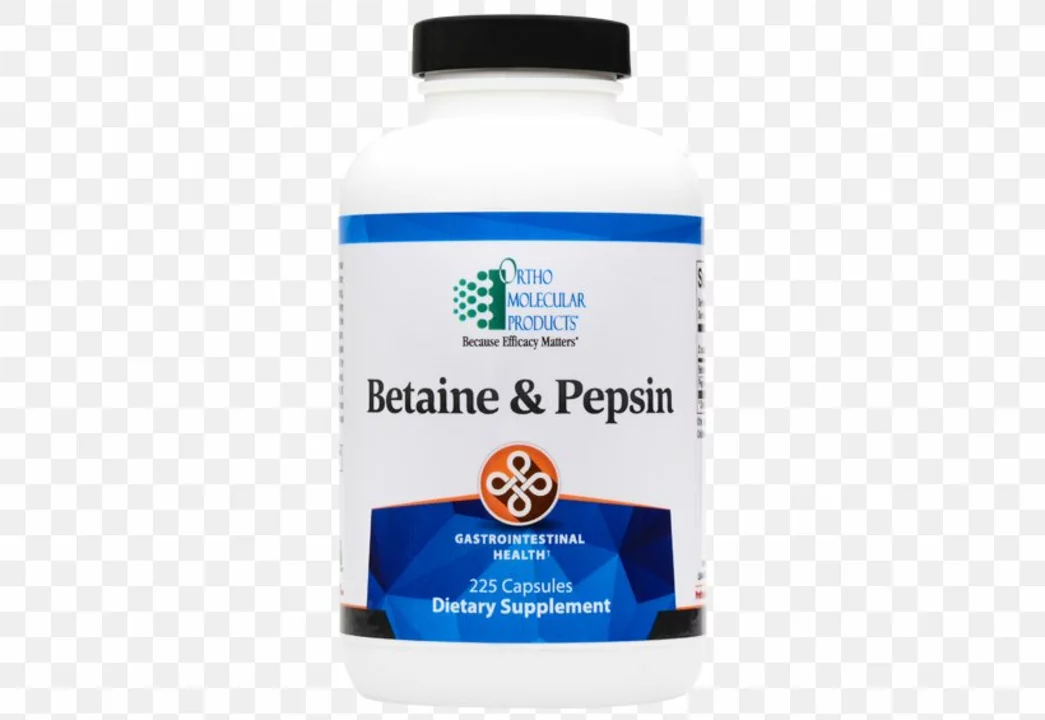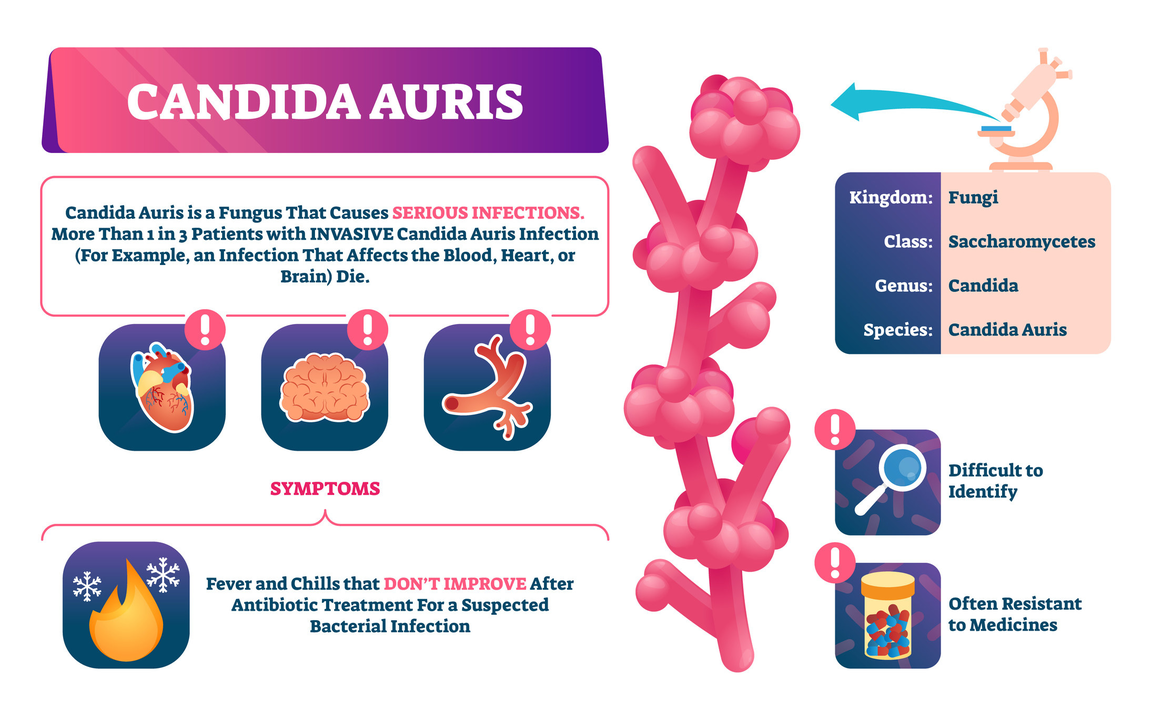June 2023 Health Highlights: From HIV Care to Bone‑Boosting Moves
June was packed with practical health tips. We looked at how Atazanavir helps athletes living with HIV stay on the field, compared popular asthma medicines, and uncovered hidden links between work schedules and mood changes.
Medication Spotlights
If you’re an athlete with HIV, you’ve probably heard of Atazanavir. It stops the virus from multiplying, which means a steadier health baseline while training hard. The drug does have side effects—think yellowish skin or mild stomach upset—but doctors can adjust doses to keep performance on track.
Asthma sufferers often wonder whether Montelukast is right for them. Unlike inhaled steroids that calm airway inflammation, Montelukast blocks leukotrienes, which are chemicals that trigger attacks. It works well for people with occasional symptoms or allergic triggers, but it isn’t a one‑size‑fits‑all solution. Talk to your doctor about severity, lifestyle, and any past reactions before picking a pill.
Lifestyle & Wellness Strategies
Shift‑Work Disorder (SWD) and Seasonal Affective Disorder (SAD) share more than a gloomy feeling. Both mess with our internal clocks, leading to fatigue, low mood, and sleep problems. Adjusting light exposure—bright lamps in the morning for night‑shift workers or light therapy boxes in winter—can reset rhythms and lift energy levels.
Ever tried nasturtium as a supplement? This garden herb packs vitamins A, C, and potassium, plus antioxidants that support immunity. It’s easy to add fresh leaves to salads or brew a tea. Most people notice better gut health and a small boost in daily vigor after a few weeks.
Tai Chi isn’t just slow‑motion yoga; it’s a low‑impact workout that strengthens bones for osteoporosis patients. The gentle weight shifts stimulate bone remodeling without stressing joints, while the mindful breathing lowers stress hormones that can weaken bone density. A 30‑minute session three times a week often shows noticeable balance improvements.
Stress isn’t just a mental issue—it opens doors for fungal infections. When cortisol spikes, immune cells lose efficiency, letting fungi grow unchecked on skin or in nails. Managing stress through regular exercise, breathing drills, or short breaks can keep the immune system sharp and reduce infection risk.
All these topics share one theme: small, informed changes make a big health difference. Whether you’re tweaking medication, adding a garden herb, or moving slower with Tai Chi, each step adds up to better well‑being.
- Archer Pennington
- 7
Atazanavir and the Importance of HIV Treatment Education for Athletes
In my recent exploration, I delved into the world of HIV treatment, specifically focusing on the drug Atazanavir and its importance in maintaining the health of athletes living with HIV. Educating athletes about this medication is vital, as it helps control HIV infection, allowing them to continue their sports careers while managing their health effectively. Atazanavir is a lifesaver as it prevents HIV from multiplying in the body, thus increasing the lifespan of these athletes. However, like every medication, it's crucial to understand its potential side effects and interactions. Overall, education on HIV treatment, like Atazanavir, is a crucial step in ensuring the well-being and longevity of athletes living with HIV.
Read more- Archer Pennington
- 13
Montelukast vs. Other Asthma Medications: Which is Best for You?
I recently explored the differences between Montelukast and other asthma medications to determine which one might be the best fit for my needs. Montelukast, a leukotriene receptor antagonist, helps in preventing asthma symptoms, while other medications like inhaled corticosteroids and bronchodilators work differently to control symptoms. It's important to consider factors such as the severity of asthma, frequency of symptoms, and possible side effects when choosing the right medication. I found that consulting with a healthcare professional is crucial in making an informed decision regarding asthma treatment. Ultimately, the best medication for you will depend on your unique situation and how your body responds to different treatments.
Read more- Archer Pennington
- 8
Shift-Work Disorder and Its Connection to Seasonal Affective Disorder
As a blogger, I've recently come across an interesting connection between Shift-Work Disorder (SWD) and Seasonal Affective Disorder (SAD). Both disorders are known to impact our sleep and mood. SWD is caused by irregular work schedules, while SAD is triggered by seasonal changes in sunlight exposure. It's fascinating to learn that disrupted circadian rhythms from both disorders can lead to similar symptoms like fatigue, depression, and sleep disturbances. It's important for us to be aware of these connections so we can seek appropriate treatments and maintain our mental well-being.
Read more- Archer Pennington
- 15
Nasturtium: The Perfect Dietary Supplement for a Healthier, Happier You
Nasturtium has recently become my go-to dietary supplement, and I couldn't be happier with the results. This amazing plant is rich in vitamins, minerals, and antioxidants, making it an all-natural way to boost my overall health. I've noticed a significant improvement in my energy levels and immune system since incorporating nasturtium into my diet. Not only does it taste great, but it's also super easy to grow in your own garden or even in a pot on your windowsill. I highly recommend giving nasturtium a try if you're looking for a healthier, happier you!
Read more- Archer Pennington
- 14
The Benefits of Tai Chi for Osteoporosis Patients
I just learned about how beneficial Tai Chi can be for osteoporosis patients. This ancient Chinese practice not only improves balance and flexibility, but it can also help to strengthen bones and reduce the risk of fractures. The slow, gentle movements are perfect for those with osteoporosis, as they put minimal stress on the joints. Plus, Tai Chi has been shown to improve overall mental well-being and reduce stress, which is essential for managing this condition. I highly recommend giving Tai Chi a try if you're dealing with osteoporosis - your body and mind will thank you!
Read more- Archer Pennington
- 7
The Role of Stress in the Development of Fungal Infections
As a blogger, I've recently come across some fascinating information about the role stress plays in the development of fungal infections. From my research, I learned that stress can weaken our immune system, making us more susceptible to these infections. Additionally, stress can cause imbalances in our body's natural flora, allowing fungi to thrive. It's crucial for us to manage our stress levels to maintain our overall health and prevent the growth of harmful fungi. In summary, managing stress is essential not only for our mental well-being but also for preventing fungal infections and maintaining a healthy body.
Read more




